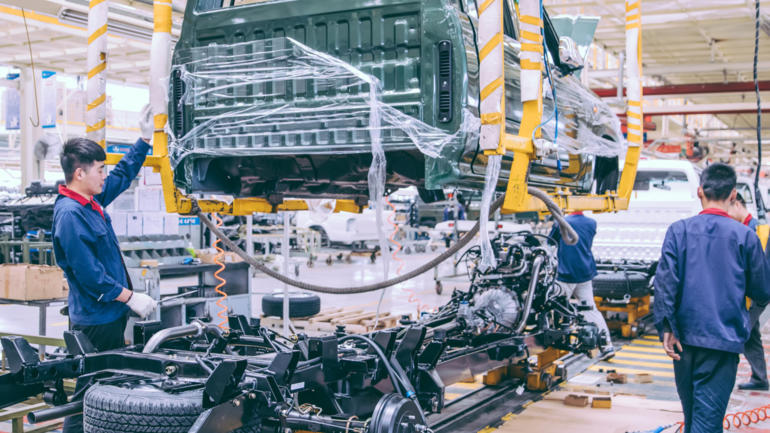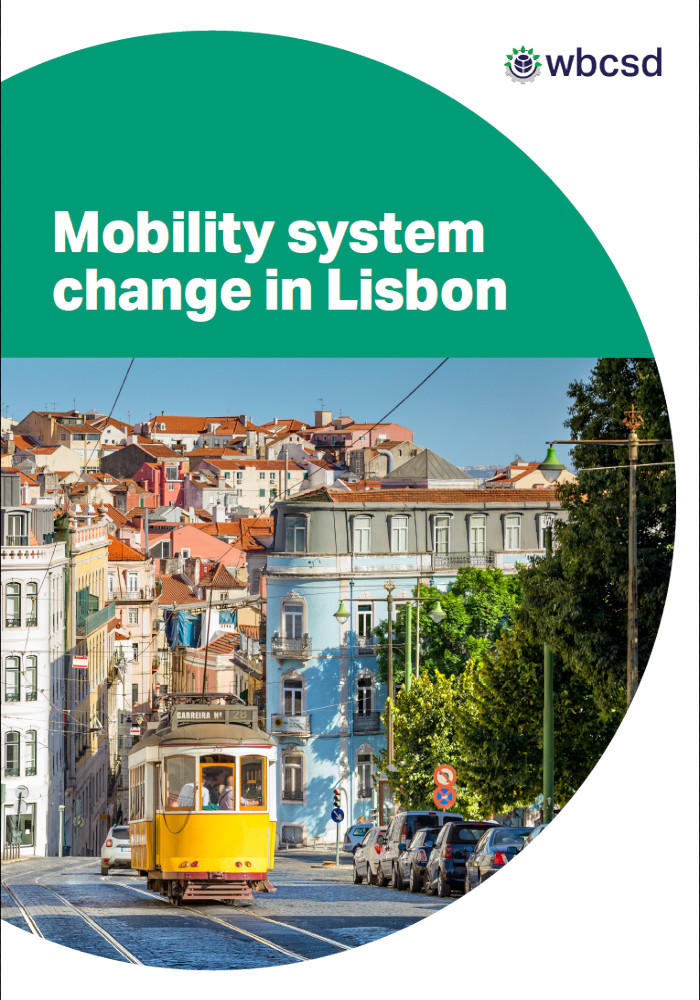New Mobility and MaaS
We are collaborating with ITF on a new mobility landscape and a case-specific policy study that will map emerging trends across modes of transport and help navigate the new mobility landscape. This ambitious piece of work will further investigate the latest research and best practice on Mobility as a Service (MaaS), as well as formulate policy recommendations for its implementation toward more sustainable mobility in cities.
The challenge
The potential for connected, automated, shared and electric (C.A.S.E) mobility to radically transform the urban mobility landscape is promising, but uncertain and untested at scale. Defining the right policy frameworks with effective coordination among all stakeholders in a fragmented urban landscape to make the global transport outlook for urban growth in the 21st century sustainable is the challenge of a generation. Guidance is needed to help policymakers and business leaders navigate the disruptions of urban mobility across different global contexts.
The business case
A range of technologies and services are at the heart of the emerging new mobility landscape, that can provide value to travelers while helping cities and transport authorities to achieve common goals of service accessibility, resilience and sustainability. These services are essential to delivering improved societal outcomes, but their scale, scope, governance and potential outlook are relatively poorly understood.
The solution
Urban mobility is changing, and this research project will begin a vital cross-sectoral dialogue around the prospect of connected, automated, shared and electric mobility. It will help companies focus on sustainability in transforming the mobility system and support the development of innovative business models and strategies.
We use cookies to ensure you get the best experience on our website. By choosing to continue, you agree to our use of cookies. You can learn more about cookies on our privacy policy page.






